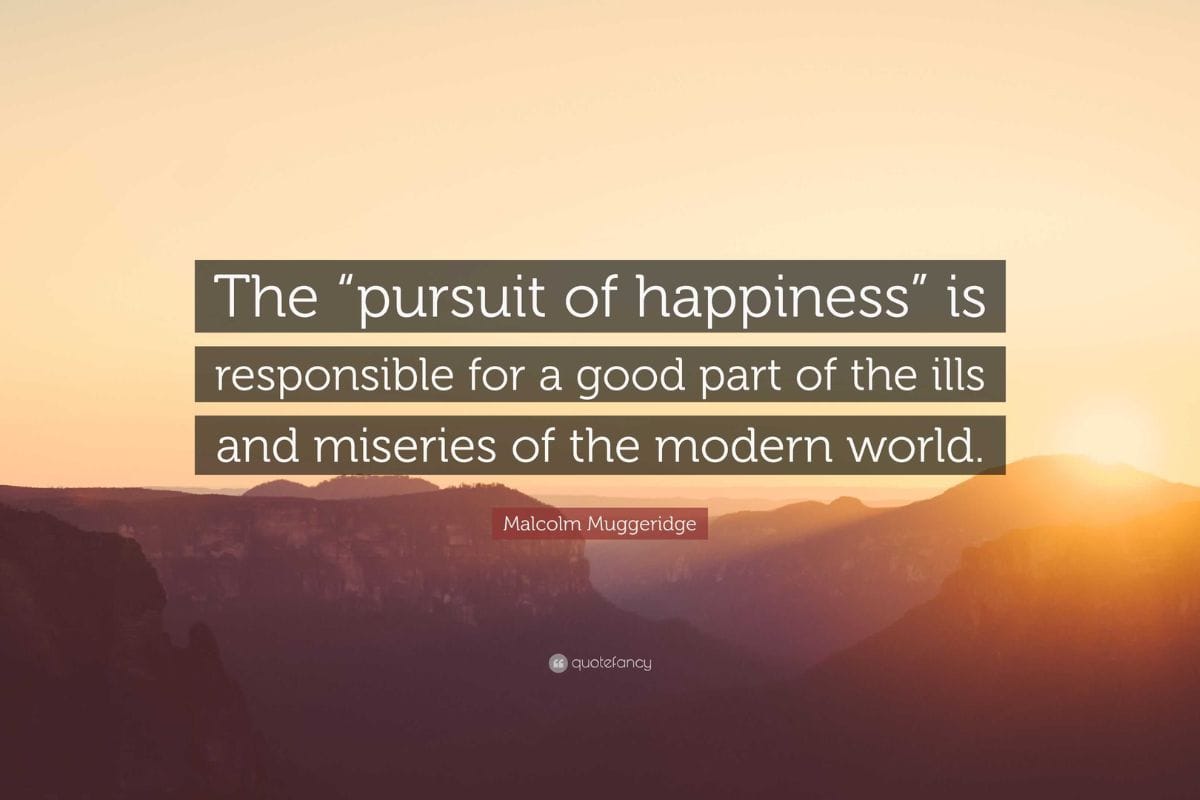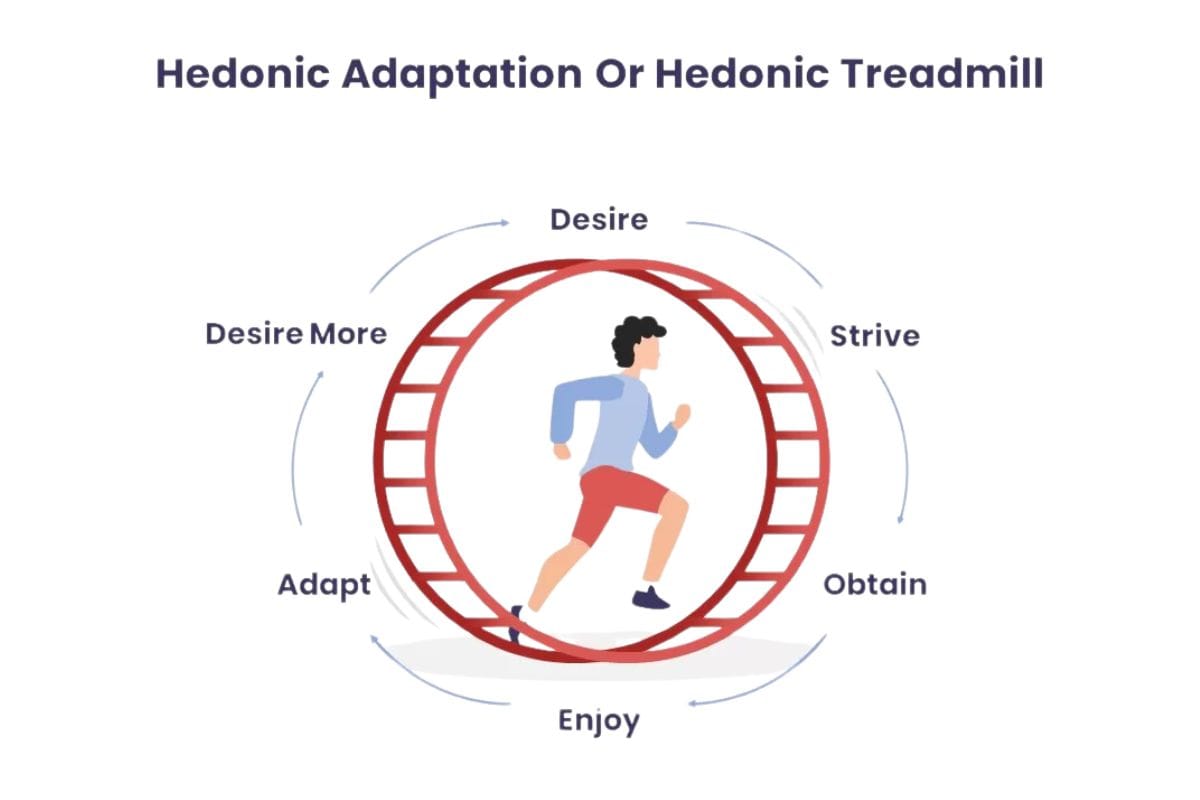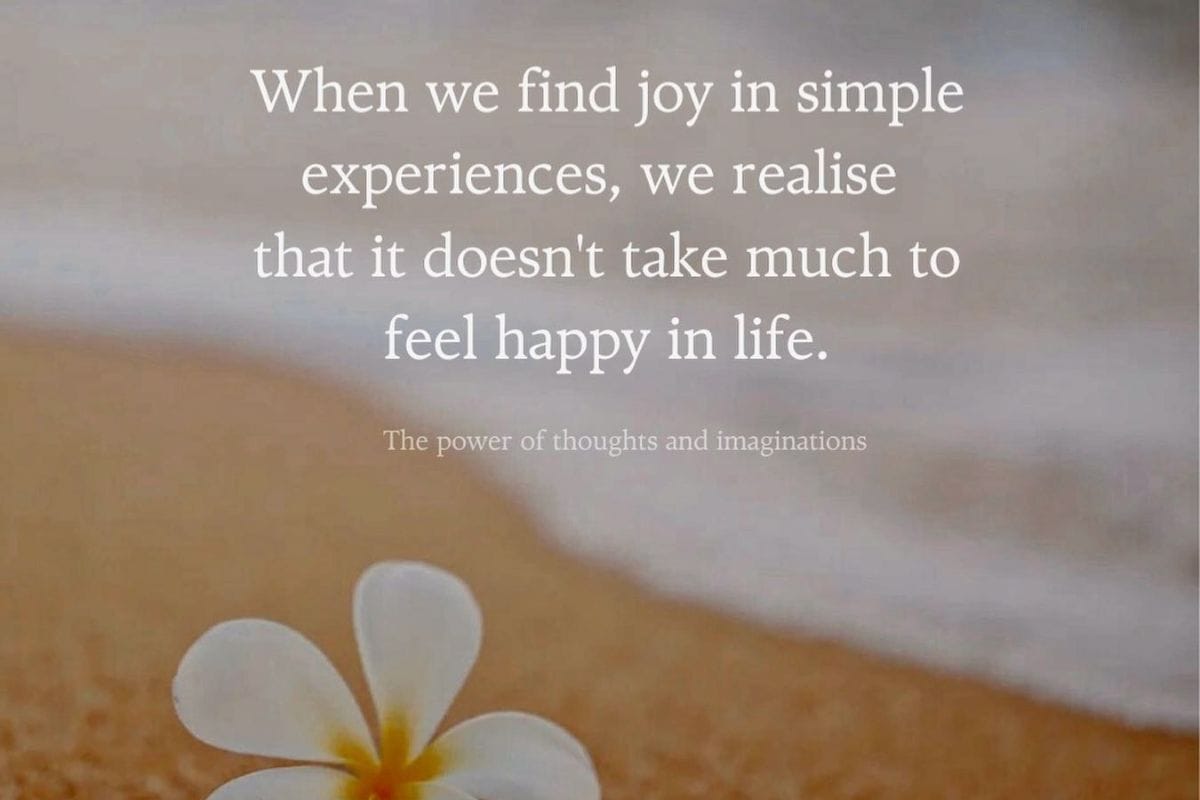In a world that’s constantly moving faster, the pursuit of happiness has become something of a paradox. We strive for it in promotions, vacations, perfectly curated social media feeds, or the latest gadgets, believing that just one more achievement or possession will finally bring contentment. Yet, despite all our efforts, true happiness often feels elusive, always just out of reach.
But what if the problem isn’t a lack of success or possessions? What if we’re overcomplicating happiness itself? In our rush to chase the extraordinary, have we overlooked the quiet joy of the ordinary?
This article explores how modern life has distorted our understanding of happiness and offers simple ways to reconnect with the everyday moments that truly matter.
The Modern Pursuit of Happiness

In today’s world, happiness is often framed as a goal to achieve rather than a state to embrace. Society tells us that to be happy, we need to climb higher, earn more, and always strive for the next big thing. Whether it’s landing the dream job, buying a bigger house, or curating the perfect vacation on Instagram, the modern definition of happiness is closely tied to success, status, and material possessions.
Cultural expectations and media narratives further reinforce this mindset. From self-help books promising “success secrets” to ads suggesting that happiness can be bought, we’re constantly reminded that our lives should look a certain way to be considered “fulfilled.” As a result, many of us equate happiness with reaching external milestones rather than nurturing internal well-being.
However, this approach often leaves us feeling more stressed than satisfied. The pressure to chase these societal benchmarks can lead to burnout, dissatisfaction, and a constant sense of “not enough.” The pursuit becomes endless, as each milestone only creates new expectations and desires.
Why This Approach Fails
While chasing achievements and possessions might seem like the natural route to happiness, it often leads us further away from the very thing we’re seeking. The problem lies in how fleeting the satisfaction from external milestones can be. A new car might feel exciting for a few weeks, and a promotion may give a short-lived sense of accomplishment, but soon, the novelty fades, leaving us craving the next thing.

Psychologists refer to this as the “hedonic treadmill”—a phenomenon where people quickly return to a baseline level of happiness after positive or negative events. Simply put, we adapt to our circumstances, no matter how extraordinary they might seem at first. This adaptation often leaves us stuck in a cycle of striving for more without ever feeling truly content.
Moreover, the constant pressure to achieve can take a toll on mental and physical well-being. Studies show that tying self-worth to external validation—be it job titles, material wealth, or social media likes—can lead to anxiety, depression, and a loss of self-identity. When happiness depends on factors beyond our control, it becomes fragile and elusive.
Perhaps the biggest drawback of this approach is how it blinds us to the simple joys of life. By focusing so much on future goals, we often overlook the small, meaningful moments happening in the present—a warm conversation with a friend, the comfort of a favourite book, or the beauty of a sunset. In our rush to chase happiness, we forget to pause and simply feel it.
Rediscovering Joy in Everyday Moments

True happiness often hides in the simplest of places—places we tend to overlook while chasing grander ambitions. The gentle warmth of the morning sun, the laughter of a loved one, or the quiet satisfaction of completing a small task—these are the moments that ground us and remind us of life’s inherent beauty. Rediscovering joy means learning to pause and appreciate what’s already around us.
1. Practicing Gratitude
Gratitude is one of the most powerful tools for finding happiness in the present. Taking a few moments each day to reflect on what you’re thankful for can shift your focus from what’s missing to what you already have. It could be as simple as savoring your morning coffee or acknowledging the kindness of a stranger. Over time, this practice rewires your brain to seek out the positive, making joy a natural part of your day.
2. Connecting with Others
Happiness is deeply tied to our relationships. Studies consistently show that people with strong social connections report higher levels of well-being. Make time for the people who matter—whether it’s through a heartfelt conversation, sharing a meal, or simply spending quiet time together. These connections remind us that we’re not alone and that life’s richest experiences often involve others.
3. Embracing Small Pleasures
Sometimes, joy is as simple as indulging in your favorite comfort food, watching the rain from your window, or listening to a song that makes you want to dance. Small pleasures, though seemingly insignificant, have a cumulative effect. They act as touchstones of happiness throughout the day, keeping our spirits lifted even during challenging times.
4. Cultivating Mindfulness
Mindfulness is about being fully present in the moment. Whether it’s through meditation, deep breathing, or simply observing your surroundings, mindfulness helps you detach from worries about the past or future. It allows you to experience life more vividly, making the ordinary feel extraordinary.
These simple shifts in perspective can transform the mundane into the meaningful, reminding us that happiness is often closer than we think.
Letting Go of Perfection

In a world where we’re constantly bombarded with images of “perfect” lives, it’s easy to fall into the trap of believing that happiness lies in achieving flawlessness. Whether it’s a perfectly curated home, an ideal career, or a picture-perfect family, the pursuit of perfection often leaves us feeling inadequate. The truth is, perfection is an illusion—and chasing it can rob us of the joy in imperfection.
The Beauty of Imperfections
Happiness doesn’t come from having everything “just right”; it often comes from embracing life as it is—messy, unpredictable, and wonderfully imperfect. A crooked smile in a photo, a failed attempt at baking, or even a day where nothing goes as planned can all hold moments of joy if we allow ourselves to see them.
Progress Over Perfection
One of the most liberating realizations is that happiness lies in progress, not perfection. Small steps forward, even if imperfect, can bring a sense of accomplishment and purpose. Whether it’s learning a new skill, improving a relationship, or simply taking better care of yourself, focusing on growth rather than flawlessness makes the journey far more rewarding.
Self-Compassion is Key
Letting go of perfection also means being kinder to yourself. Mistakes and setbacks are part of life, but they don’t define you. Practicing self-compassion—treating yourself with the same understanding and kindness you would offer a friend—can help you navigate life’s ups and downs with grace.
By releasing the need for everything to be perfect, we free ourselves to experience life more fully. Instead of worrying about what could go wrong, we open the door to appreciating what’s already right. Happiness isn’t about being flawless—it’s about being real.
The Simplest Truth About Happiness
Happiness isn’t hidden in far-off goals or shiny possessions—it’s woven into the ordinary moments of life. It’s the laugh you share with a friend, the warmth of a morning coffee, or the peace of knowing you’ve done your best.
By shifting your focus from what’s missing to what’s already present, by embracing progress over perfection, and by choosing to savour the small joys, you’ll realize that happiness was never complicated—it was always within you.
So, pause, take a breath, and look around. Happiness might already be sitting quietly beside you, waiting to be noticed. Because sometimes, the simplest truth is the most profound: happiness is here, now.
Also Read:



















